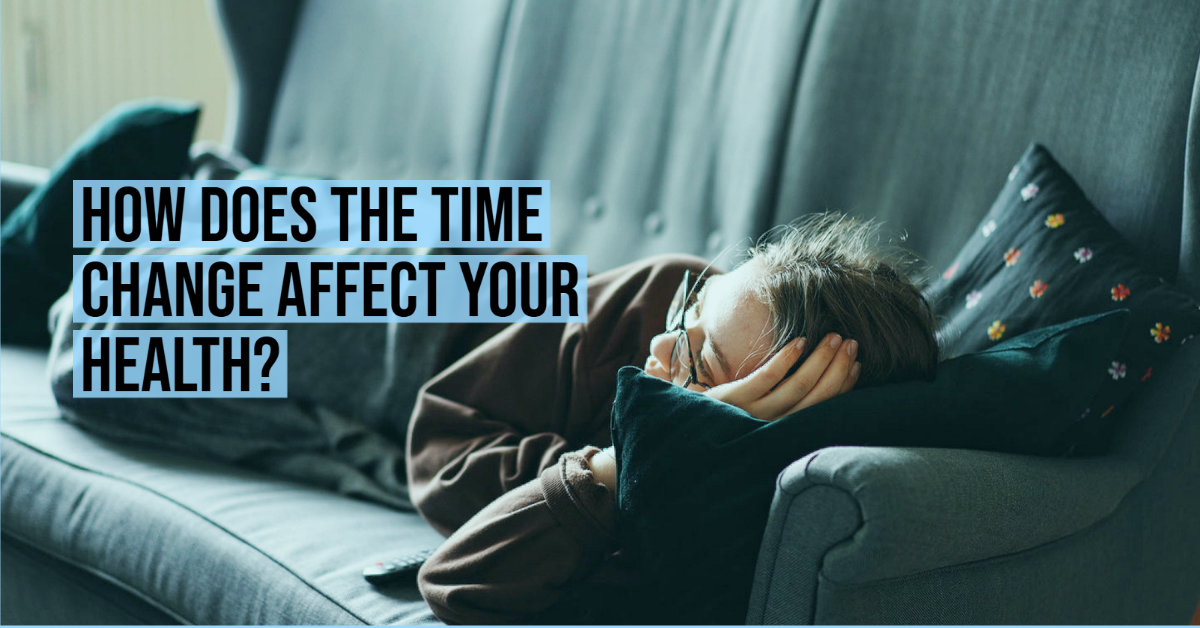The time change we experience in the Spring and Fall involves more than a change to our watches, as an expert in cellular physiology discovered during research, it can also have an affect on your health. Although, he suggest that a change in diet a few days before time change and help the body adapt.
According to Raúl Aguilar Roblero, researcher at the Institute of Cellular Physiology of the National Autonomous University of Mexico (UNAM), time changes, whether in summer or winter, definitely produced different reactions in people, since some people have a more difficult time . . .






